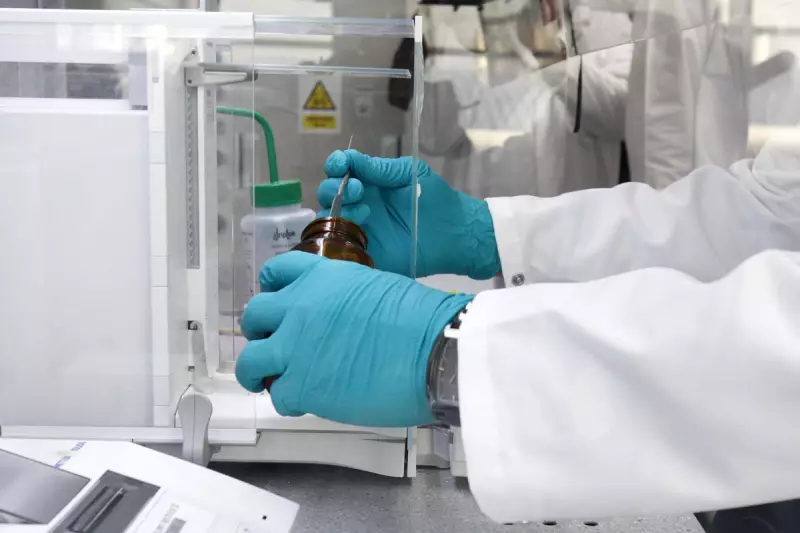
In a groundbreaking development, researchers have used artificial intelligence to uncover a potent new antibiotic that could revolutionise the fight against drug-resistant superbugs. The discovery, led by a team of scientists, targets some of the most dangerous infections, including MRSA and gonorrhoea, which have become increasingly resistant to existing treatments.
The AI Advantage
Traditional methods of discovering antibiotics are time-consuming and costly, often taking years to yield results. However, by leveraging AI, researchers were able to rapidly analyse millions of chemical compounds, identifying a promising candidate with remarkable efficiency. This approach not only speeds up the process but also opens the door to finding solutions for other stubborn infections.
Targeting Deadly Superbugs
The newly discovered antibiotic has shown significant effectiveness against MRSA (methicillin-resistant Staphylococcus aureus), a notorious hospital-acquired infection, and gonorrhoea, a sexually transmitted disease that has developed resistance to multiple drugs. These superbugs pose a serious threat to global health, with the World Health Organization (WHO) listing them as high-priority pathogens.
What This Means for Healthcare
If successfully developed, this AI-discovered antibiotic could save countless lives and reduce the burden on healthcare systems worldwide. The breakthrough also highlights the transformative potential of AI in medical research, offering hope for future discoveries in the ongoing battle against antimicrobial resistance.
While further testing and clinical trials are needed, the findings mark a significant step forward in addressing one of the most pressing challenges in modern medicine.





